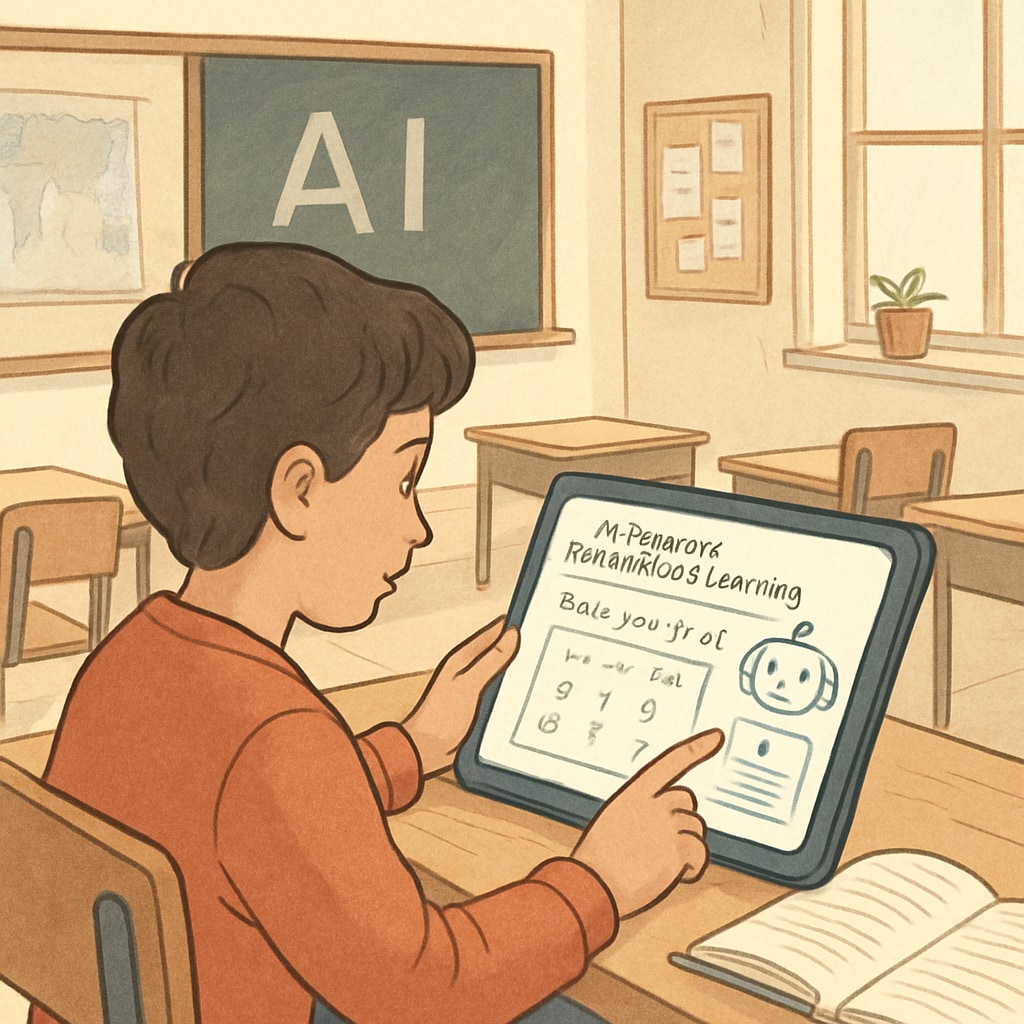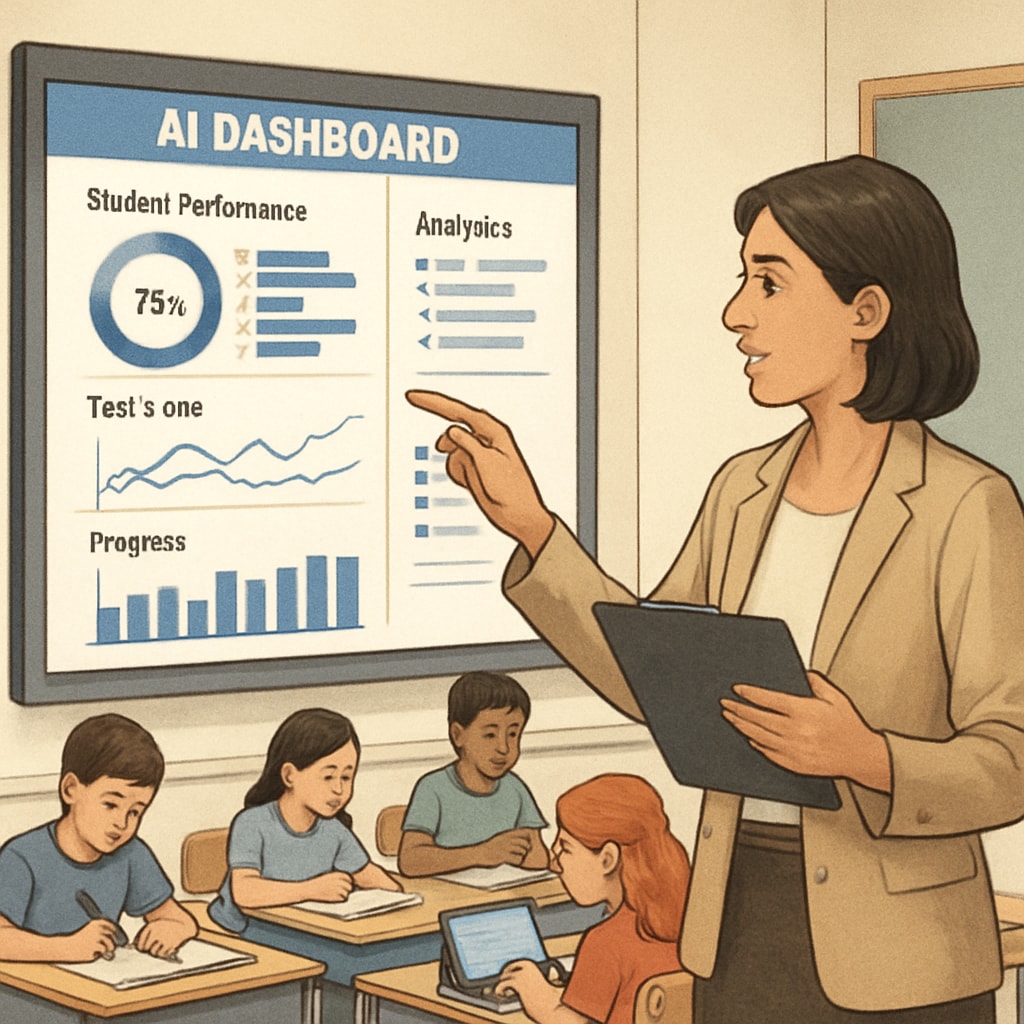The integration of artificial intelligence (AI) into school education is accelerating rapidly, promising profound changes in how students learn and teachers teach. Over the next 5-10 years, AI will reshape K12 education through personalized learning, evolving teacher roles, and innovative assessment methods. However, this transformation also comes with challenges that educators and policymakers must address to ensure equitable access and ethical implementation.
Personalized Learning: Tailoring Education to Individual Needs
One of the most promising applications of AI in education is personalized learning. By analyzing students’ learning patterns, strengths, and weaknesses, AI-powered platforms can adapt educational content to suit individual needs. For example, systems like adaptive learning software provide customized exercises and feedback, allowing students to progress at their own pace.
In addition, AI can support students with diverse learning styles and needs. For instance, speech-to-text tools can assist students with dyslexia, while AI-driven translation services can help non-native speakers better understand class materials. As a result, education becomes more inclusive and accessible.

Redefining the Role of Teachers
Rather than replacing teachers, AI is poised to enhance their roles by automating repetitive tasks and providing actionable insights. For example, grading essays or setting up basic lesson plans can now be handled by AI systems, freeing teachers to focus on creative and interpersonal aspects of teaching.
Furthermore, AI can serve as a co-teacher, offering real-time analytics on students’ performance. Teachers can use this data to identify struggling students early and intervene appropriately. However, educators will need training to effectively incorporate AI tools into their teaching strategies.

Innovative Assessment Methods
Traditional assessments often fail to capture the full scope of a student’s abilities. AI is changing this by introducing dynamic and continuous assessment models. For example, AI can evaluate not only what a student learns but also how they learn, providing a more holistic understanding of their progress.
Gamified assessment tools, powered by AI, are already gaining traction. These tools make evaluations engaging and less stressful by incorporating game elements. Additionally, AI can detect patterns in student responses, identifying conceptual gaps that traditional tests might overlook.
Challenges and Ethical Considerations
While the benefits of AI in education are significant, several challenges must be addressed. Data privacy is a critical concern, as AI systems often require access to sensitive student information. Ensuring this data is protected and used ethically is paramount.
Moreover, the digital divide could exacerbate inequalities. Schools in underprivileged areas may lack the resources to implement AI technologies, leaving their students at a disadvantage. Policymakers must work to ensure that AI benefits are distributed equitably across all demographics.
The Future of AI in Education
As we move into the next decade, the impact of AI on school education will only grow. From personalized learning pathways to innovative assessment techniques, AI offers immense potential to transform how knowledge is delivered and evaluated. However, careful planning and ethical considerations are essential to ensure that this transformation benefits all students equally.
Readability guidance: This article employs short paragraphs, lists, and a balanced use of active voice. Transitions such as “for example,” “in addition,” and “as a result” are included to ensure smooth flow and clarity for readers.


